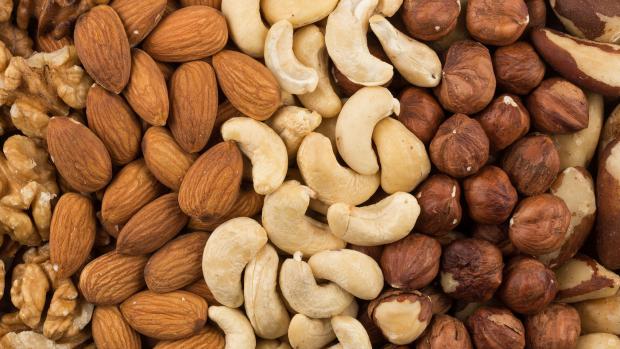
Breaking News
 The Self-Sufficiency Myth No One Talks About
The Self-Sufficiency Myth No One Talks About
 We Investigated The Maui Fires and The Cover-Up is Worse Than We Thought | Redacted
We Investigated The Maui Fires and The Cover-Up is Worse Than We Thought | Redacted
 The Amish Secret to Keeping Pests Out of Your Garden Forever
The Amish Secret to Keeping Pests Out of Your Garden Forever
 Scott Ritter: Full-Scale War as Iran Attacks All U.S. Targets
Scott Ritter: Full-Scale War as Iran Attacks All U.S. Targets
Top Tech News
 US particle accelerators turn nuclear waste into electricity, cut radioactive life by 99.7%
US particle accelerators turn nuclear waste into electricity, cut radioactive life by 99.7%
 Blast Them: A Rutgers Scientist Uses Lasers to Kill Weeds
Blast Them: A Rutgers Scientist Uses Lasers to Kill Weeds
 H100 GPUs that cost $40,000 new are now selling for around $6,000 on eBay, an 85% drop.
H100 GPUs that cost $40,000 new are now selling for around $6,000 on eBay, an 85% drop.
 We finally know exactly why spider silk is stronger than steel.
We finally know exactly why spider silk is stronger than steel.
 She ran out of options at 12. Then her own cells came back to save her.
She ran out of options at 12. Then her own cells came back to save her.
 A cardiovascular revolution is silently unfolding in cardiac intervention labs.
A cardiovascular revolution is silently unfolding in cardiac intervention labs.
 DARPA chooses two to develop insect-size robots for complex jobs like disaster relief...
DARPA chooses two to develop insect-size robots for complex jobs like disaster relief...
 Multimaterial 3D printer builds fully functional electric motor from scratch in hours
Multimaterial 3D printer builds fully functional electric motor from scratch in hours
 WindRunner: The largest cargo aircraft ever to be built, capable of carrying six Chinooks
WindRunner: The largest cargo aircraft ever to be built, capable of carrying six Chinooks
Regular nut consumption after this age wards off dementia and disease

In the world of nutrition, nuts are a bit of a show off. In addition to their well-known abilities to improve cardiovascular health, the tiny protein-packed snack has also been shown to improve sperm count and motility, and fight obesity, diabetes, and inflammation. Plus the magnesium they contain has been linked to warding off DNA damage, while their omega-3 and omega-6 fatty acids have been shown to reduce the risk of 19 types of cancer.
Now, a new study from Monash University has given nuts another public relations boost.
A team of researchers there looked at data from the ASPREE Longitudinal Study of Older Persons. While the ostensible purpose of the ASPREE study is to look at aspirin's effects in older adults (the acronym stands for ASPirin in Reducing Events in the Elderly), the effort has produced an impressive database of multiple health markers across populations in Australia and the United States. Information from this database has previously been used in a study that showed the potential for "good" cholesterol to adversely affect dementia; one that found a relationship between having close family and friends and reducing heart disease risk by up to 30%; and another that highlighted which activities are best for warding off cognitive decline.
For the most recent study, the Monash researchers examined the records of 9,916 Australians over the age of 70 who had completed a 49-item food-frequency questionnaire. After screening out other factors, they found that those who reported eating a handful of nuts as part of their diet either once or twice per day had a 23% lower risk of enjoying disease-free survival (DFS) than those who reported no or very little nut consumption.
"The endpoint of disability free survival is a composite measure that is recorded when participants in the … study report an event of dementia, persistent physical disability or all-cause mortality," study first author Holly Wild told us. "In this study we established that daily nut consumers were 23% less likely to record these events compared to those that consumed nuts rarely or infrequently, and thus more likely to live longer free from dementia and persistent physical disability."

 RNA Crop Spray: Should We Be Worried?
RNA Crop Spray: Should We Be Worried?

